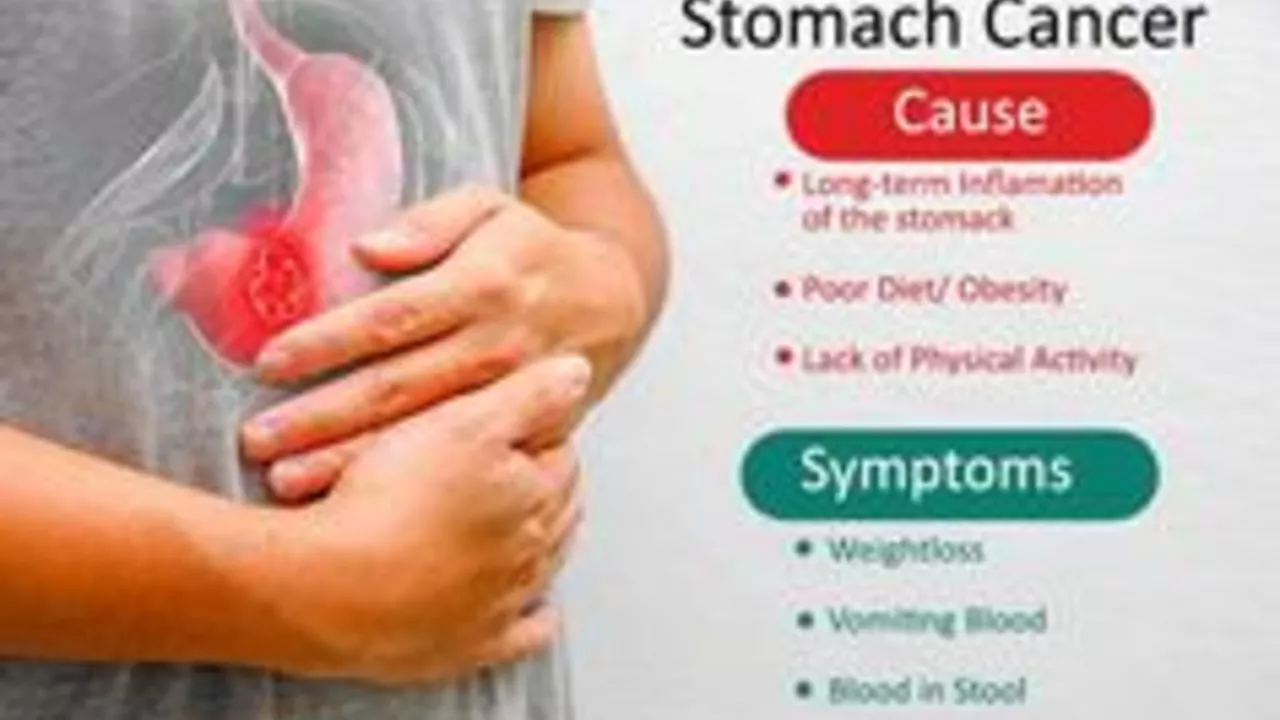Meclizine overdose: recognize the danger and act fast
Meclizine is a common antihistamine used for motion sickness and vertigo. Most people use 25–50 mg as needed, but taking much more than the recommended dose can cause serious problems. If someone has taken too much, quick action can prevent harm. This guide tells you what to watch for and what to do right away.
Common signs of meclizine overdose
Symptoms usually show within hours. Look for extreme drowsiness or difficulty waking the person. Confusion, dizziness, and blurred vision are common. Because meclizine has anticholinergic effects, you might see dry mouth, flushed skin, dilated pupils, and trouble urinating. Faster heart rate (tachycardia), low blood pressure, tremors, or unsteady walking may appear. In severe cases there can be seizures, hallucinations, very slow breathing, or loss of consciousness.
Kids and older adults can get worse symptoms from smaller overdoses. Mixing meclizine with alcohol, benzodiazepines, opioids, or other sedatives makes dangerous breathing and sedation much more likely.
What to do if you suspect an overdose
First, stay calm and check responsiveness. If the person is unresponsive or not breathing normally, call emergency services immediately (use your local emergency number). If they are conscious, try to keep them awake and sitting up.
Contact Poison Control for advice — in the U.S. call 1-800-222-1222. If you’re outside the U.S., use your local poison helpline or emergency number. Have the medication bottle or package ready so you can tell them the exact drug, strength, and how much was taken.
Do not try to make the person vomit unless a medical professional tells you to. If instructed and safe, emergency staff may give activated charcoal to reduce absorption, but that must be done in a clinical setting. In the hospital, treatment focuses on airway and breathing support, IV fluids, heart monitoring, and medicines to control seizures or severe agitation.
Watch for delayed symptoms. Some people look okay at first but worsen later. If poison control or a clinician says to monitor at home, follow their instructions closely and return to care if breathing, alertness, or behavior changes.
How to reduce risk going forward: store meclizine out of reach of children, follow dosing on the label, don’t double up doses, and avoid alcohol or sedatives while taking it. If you or a family member has a history of liver disease or takes other sedating drugs, talk with a doctor before using meclizine.
If you’re unsure what to do right now, call your local emergency line or poison control. Quick, clear action—sharing what was taken and when—makes the difference between a short scare and a serious emergency.
Meclizine Overdose: Symptoms, Treatment, and Prevention
Meclizine overdose is a serious concern that everyone should be aware of. Symptoms of an overdose can include drowsiness, dry mouth, and even seizures in severe cases. To treat an overdose, it's crucial to seek medical attention immediately, as they may need to perform gastric lavage or administer activated charcoal. Prevention is key; always follow the recommended dosage and consult with your doctor or pharmacist if you're unsure. It's essential to stay informed and be cautious when taking any medication, including meclizine.
Read more
